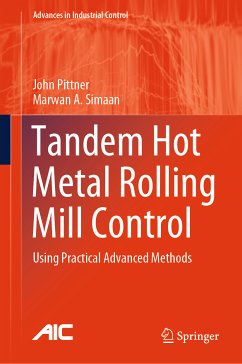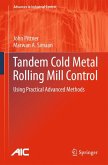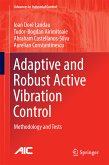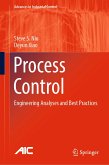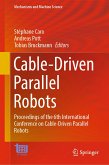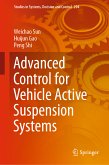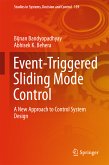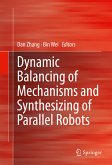The book provides innovative solutions not available with previously existing methods of control. It introduces new advanced control methods, including a nonlinear control method based on an advanced state-dependent Riccati equation technique coupled with virtual rolling to improve performance during various regimes of mill operation.
The book begins with a brief history of metal rolling and an overview of the tandem hot metal rolling process. It then discusses process models, including physical-system and state-space equations, and control methods currently being used in tandem rolling. The exposition of the new advanced control method uses figures and simulations to facilitate thorough understanding of the methods and their applicability in the real world. The final chapter concludes with a brief discussion of variable-speed drives as typically used in modern installations.
Although sufficient mathematical treatment is provided to support the development of novel concepts, the presentation is not highly mathematical, making the text readily understandable and useful to a variety of readers in both academic and practical engineering milieux.
Dieser Download kann aus rechtlichen Gründen nur mit Rechnungsadresse in A, B, BG, CY, CZ, D, DK, EW, E, FIN, F, GR, HR, H, IRL, I, LT, L, LR, M, NL, PL, P, R, S, SLO, SK ausgeliefert werden.

